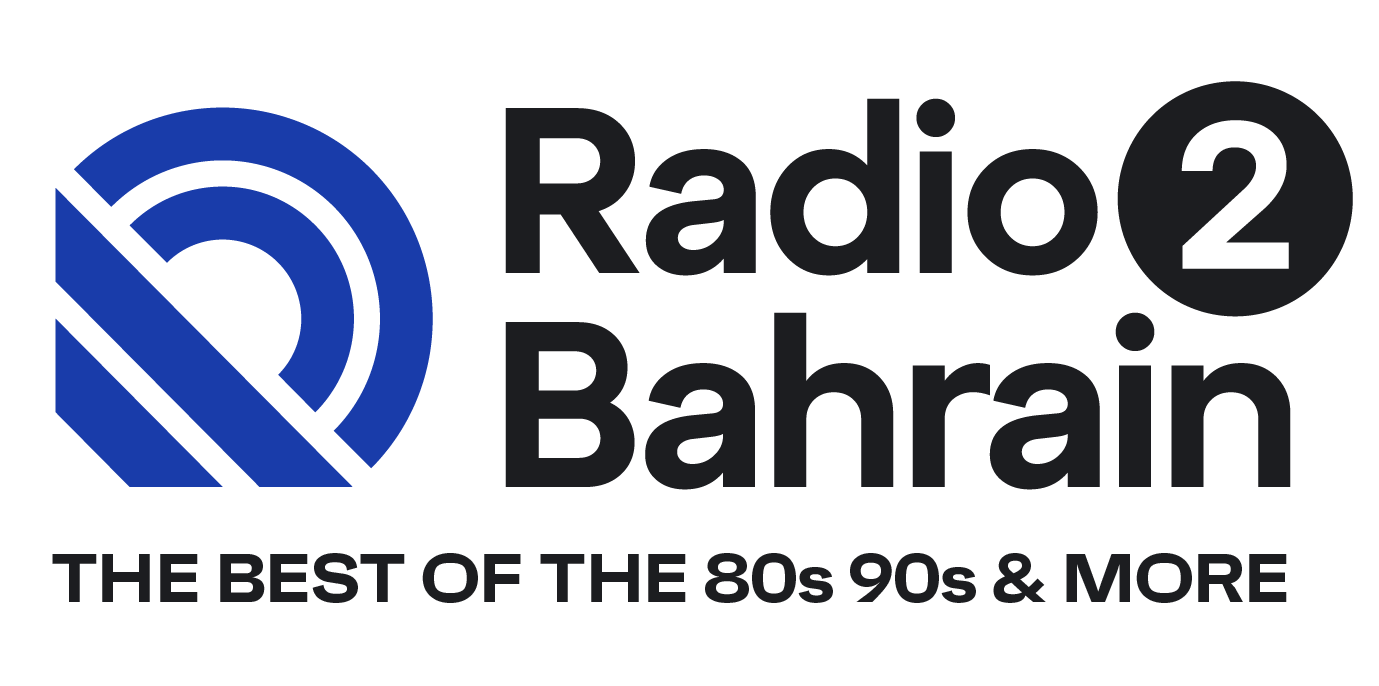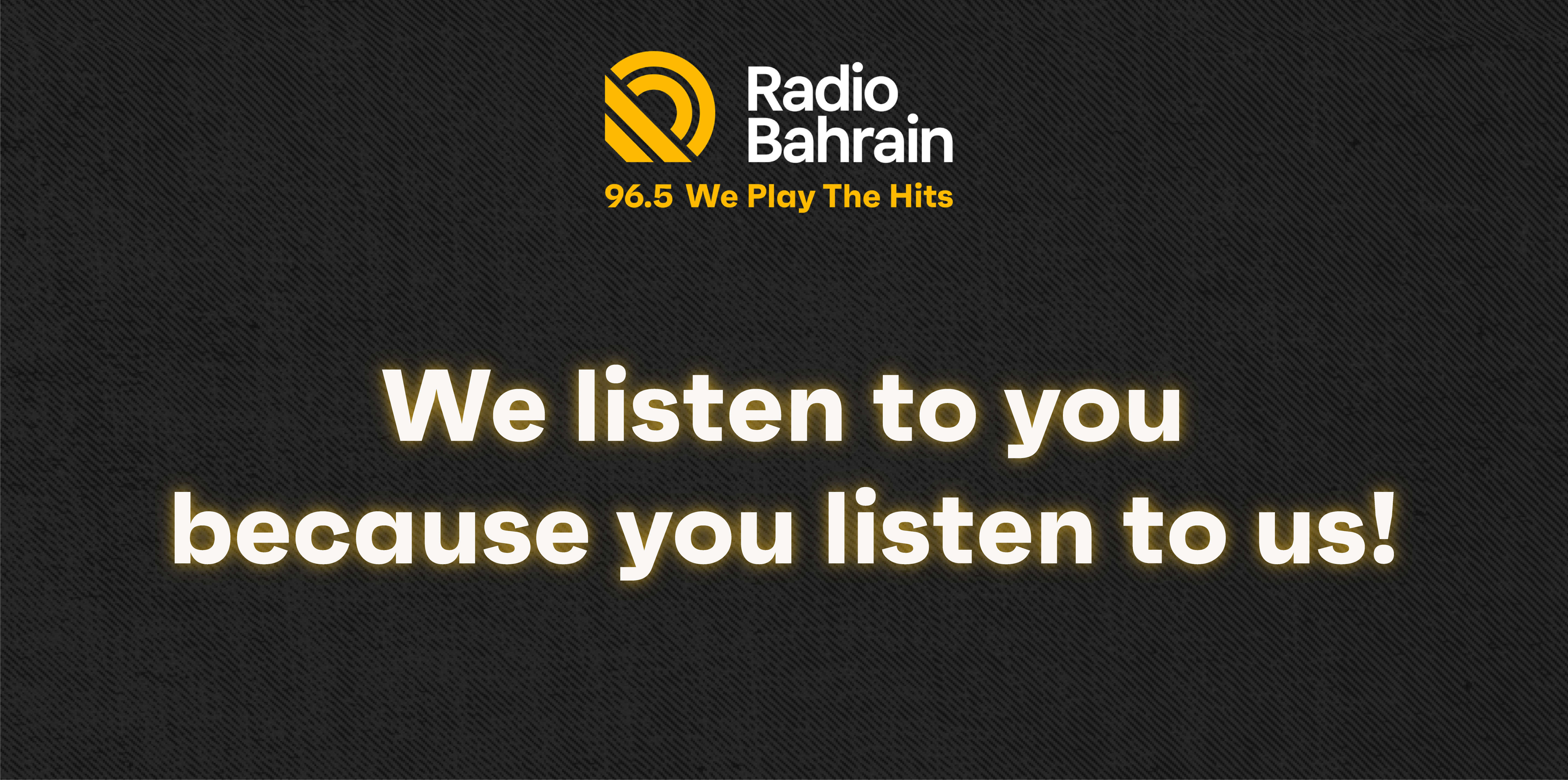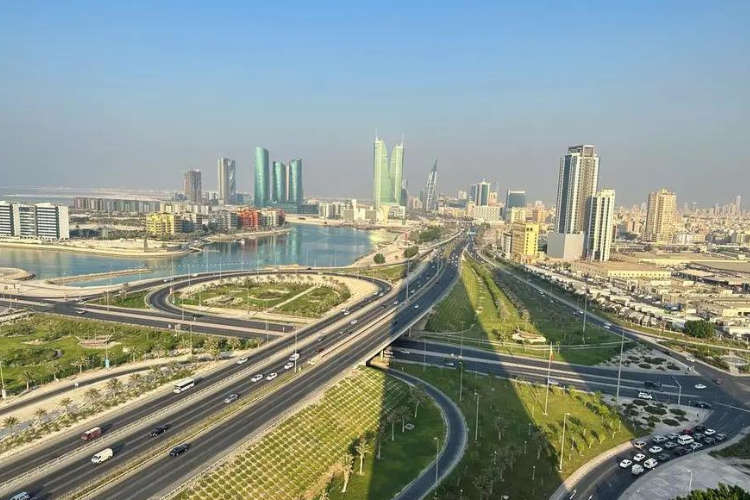
The projects in the housing, education, health, digitalisation and artificial intelligence sectors will also significantly improve the quality of services
MORE than 50 mega projects worth millions of dinars are set to be rolled out this year and the next, giving the much-needed boost to the country’s development and infrastructure.
The projects in the housing, education, health, digitalisation and artificial intelligence sectors will also significantly improve the quality of services.
The schemes, mentioned in the draft 2023-2024 national budget presented to Parliament and the Shura Council by the Cabinet, would cost a total of BD1.123 billion – of which BD608.6 million will be allotted this year and BD514.1m the next.
The government will provide BD450m, divided equally in two years, while the rest of the funds – BD383.6m this year and BD289.1m next year – will be allotted from the GCC Development Programme.
According to documents presented to Parliament’s financial and economic affairs committee yesterday, 38pc of the budget would be spent on infrastructure projects, 33pc on housing and community facilities, 11pc on youth, sport, culture and information, 4pc on education, health and social services, and the remaining 13pc has been set aside for miscellaneous sectors.
The projects include Bahrain Metro, Sports City, developing Salman Industrial City, revamping Salmaniya Medical Complex (SMC), completing the fourth bridge between Muharraq and Manama, developing all roads leading to the airport, constructing the new National Assembly and giving the media sector a facelift.
“We are reviewing all projects to ensure they are vital for development, population and investment needs,” said the committee’s chairman Mohammed Al Ahmed. “The government is yet to present us with feasibility studies on the 50 projects it has listed in the budget.”
Meanwhile, committee vice-chairman Mohammed Al Rifaee hoped the budget “will be handed out and not just remain on paper”.
Committee member Ahmed Al Salloom suggested that state-owned companies could help the government push ahead with the projects by offering a bigger part of their profits to national coffers.
“The government must fast-track growth while also funding social welfare and we need to explore new revenue options,” said Mr Al Salloom, who is also a Bahrain Chamber board member and chairman of the Bahrain Small and Medium Enterprises Development Society.
Shura Council financial and economic affairs committee chairman Khalid Al Maskati stressed the need to create a ‘priority’ list, numbering projects from the highest to the lowest in importance. Mr Al Maskati also wanted the government to identify the impact each project would have on the country’s progress and development.
The new budget aims to cut down the deficit drastically from BD2.3bn in 2021-22 to BD569.7m in 2023-24. The total revenue is estimated to reach BD6.57bn, divided into BD3.1bn in 2023 and BD3.47bn in 2024.
The Bahrain Metro project, which has cost the government BD7.5m until the end of last year, is expected to cost BD11.7m this year and the next, and BD91.3m until completion in 2029.
SMC revamp is expected to cost the government BD3m and BD4m in 2023 and 2024 respectively, and BD2m in 2025.
The new Sports City is due to be completed by the end of 2025, with the project costing BD100.8m this year and the next, and BD84.8m beyond 2024.
The new National Assembly is set to cost BD20m. A total of BD2m has already been spent, BD3m will be allotted over the two budget years and BD15m beyond.
The fourth bridge between Muharraq and Manama has already cost the government BD40m, while it will cost BD65.8m over two years and BD55.2m beyond 2024.
Developing all roads leading to the airport has cost BD7.4m earlier; it will cost BD13.2m over the two budget years and BD5.8m in future.
Developing Salman Industrial City has already cost BD1.4m; BD7.6m will be alloted over the two budget years and BD3.1m beyond.
Giving the media sector a facelift will cost BD8m, divided equally in two years. New broadcast and production equipment will be purchased and existing facilities refurbished.
Digitalising government services will cost BD4.5m, divided into BD2m this year and BD2.5m the next.
National maps are also set to turn three-dimensional with BD1.9m already spent on the platform – BD500,000 will be allocated this year and the next, and BD1.9m beyond 2024.
Copyright 2022 Al Hilal Publishing and Marketing Group Provided by SyndiGate Media Inc. (Syndigate.info).

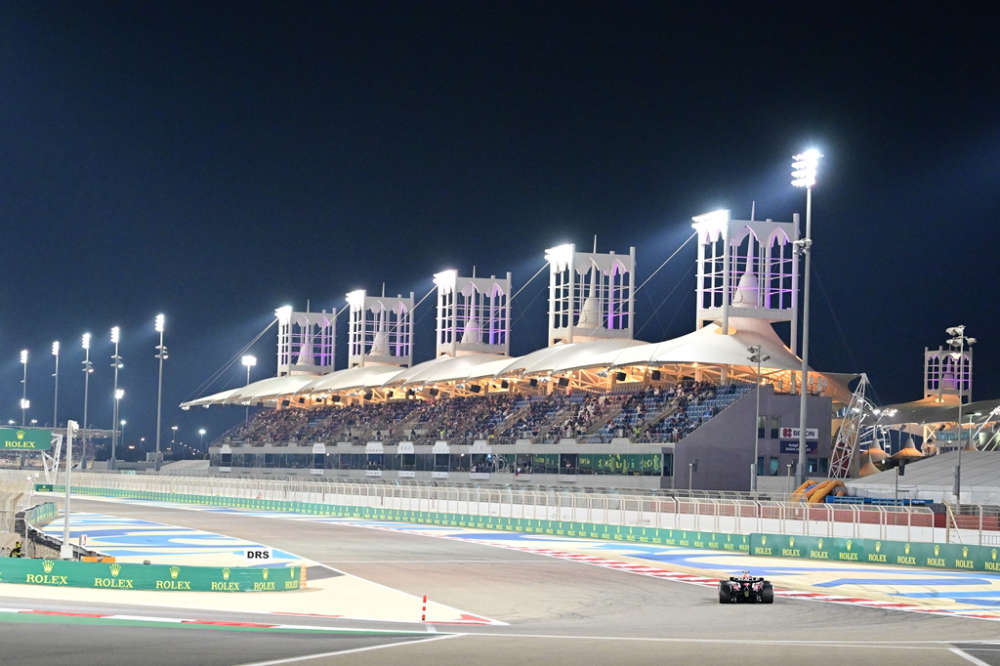 BIC stands gone
BIC stands gone
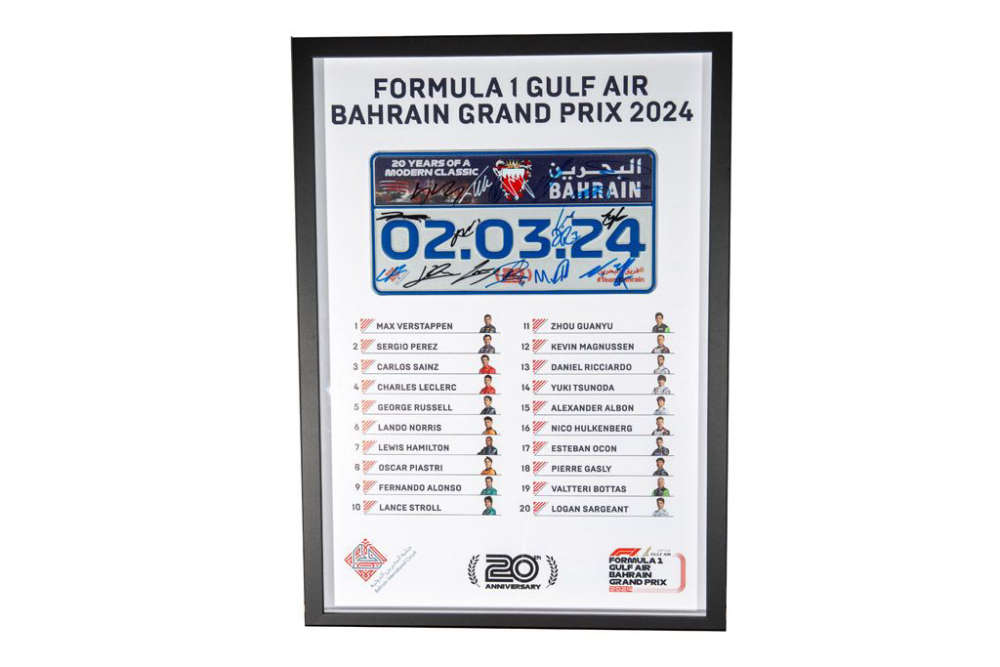 A memorable cause
A memorable cause
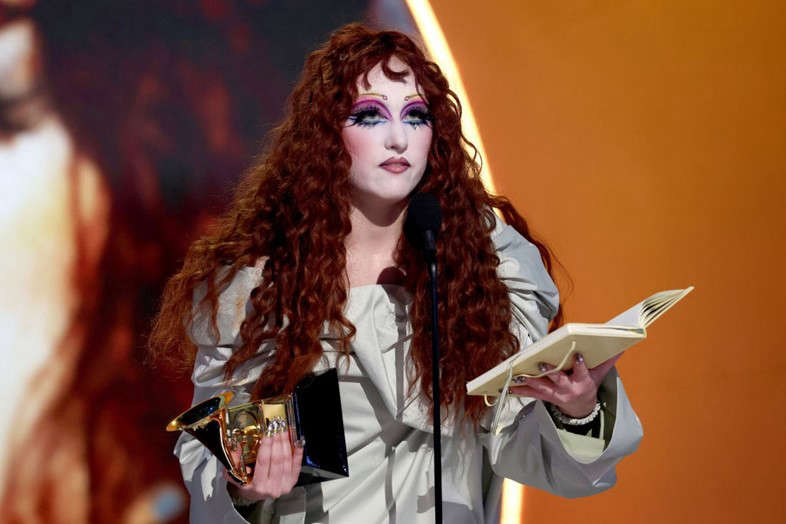 Chappell Roan’s Call for Change Sparks Industry-Wide Support for Artists’ Mental Health
Chappell Roan’s Call for Change Sparks Industry-Wide Support for Artists’ Mental Health
